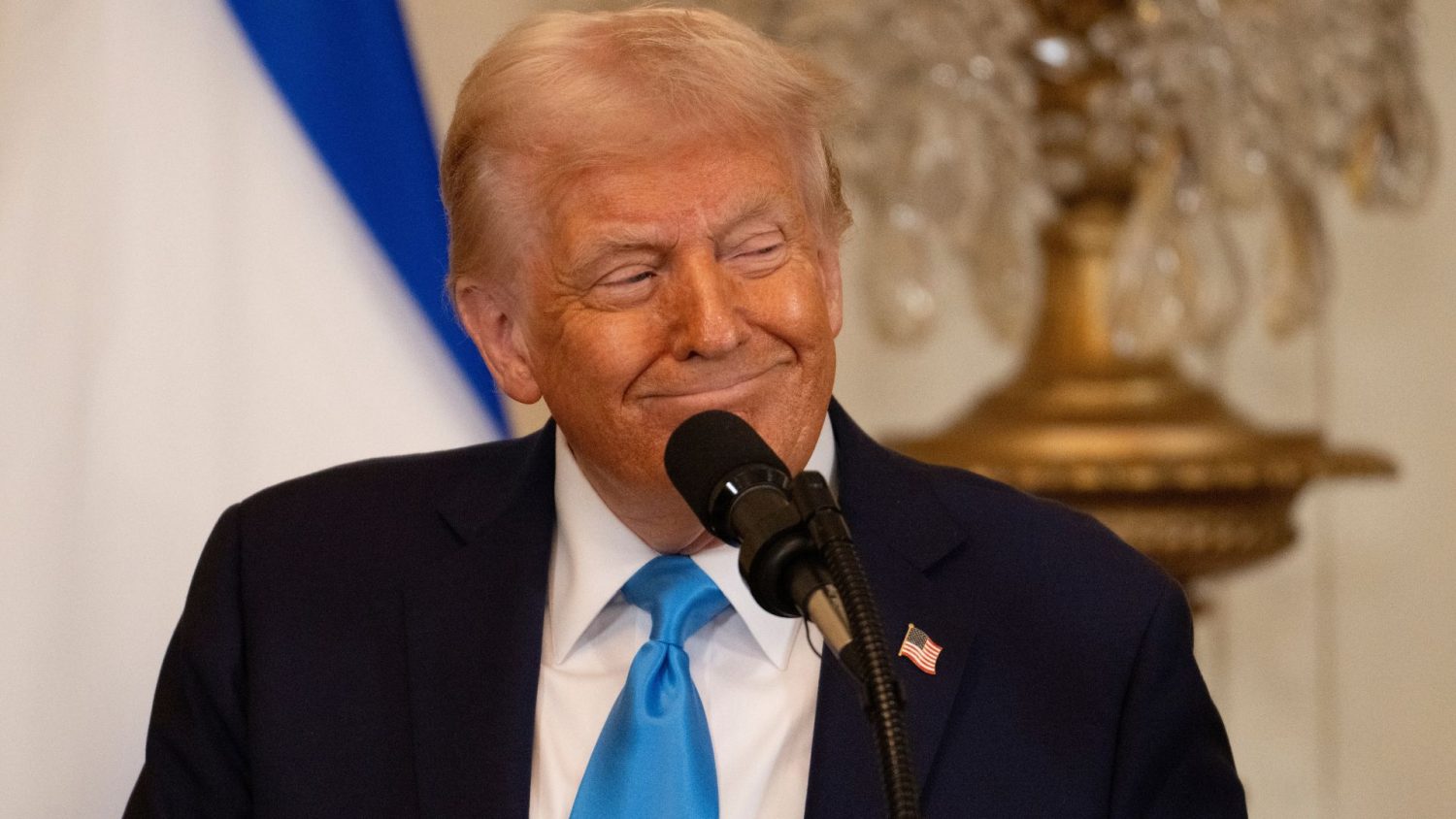President Donald Trump announced a 25% tariff on imports from Japan and South Korea, effective August 1, as part of a broader trade offensive targeting up to 12 countries. The move, delivered through formal letters and posts on Trump’s Truth Social platform, marks a significant escalation in the administration’s effort to realign global trade dynamics in favor of the U.S.
Additional tariffs will also hit Malaysia, Kazakhstan, South Africa, Laos, and Myanmar at varying rates, with a 40% levy imposed on the latter two.
While the new tariffs will not affect vehicle imports already covered under the existing 25% auto tariff, many automotive components not on that list will now be subject to these country-specific rates. Markets responded swiftly, with shares of Toyota and Honda falling and the yen and won weakening against the U.S. dollar.
Here’s why it matters:
Japan and South Korea are top suppliers of vehicles and parts to the U.S. retail automotive market. A 25% tariff could drive up prices for both new cars and replacement components, disrupt dealer inventories, and pressure profit margins. Dealers may face delays or cost hikes on commonly imported parts such as sensors and ADAS systems. The announcement injects more uncertainty into the market just as dealers adjust to evolving consumer demand and vehicle pricing dynamics.
Key takeaways:
New 25% tariffs begin August 1
Trump’s tariffs on Japan and South Korea follow earlier warnings and letters issued to global trade partners. This marks a continuation of his administration’s more aggressive trade stance.
Automotive sector directly impacted
Parts not already covered by existing vehicle tariffs—like door handles, electronics, and ADAS components—are expected to be affected. Vehicles already under the 25% auto tariff are exempt from the new levies.
Markets react swiftly
U.S.-listed shares of Japanese automakers fell sharply following the announcement. Toyota dropped 4.1%, and Honda fell 3.8%. The S&P 500 recorded its largest drop in three weeks.
Negotiations ongoing, but limited success
Only Britain and Vietnam have reached agreements to avoid the tariffs. South Korea, Indonesia, and Thailand are still in talks, while Japan’s earlier pledge to invest $1 trillion in the U.S. failed to secure an exemption.
Dealer pricing pressure likely
With rising vehicle and parts costs, dealers may face customer pushback and tighter margins. The tariffs also risk extending wait times and complicating service operations if part availability is restricted.
